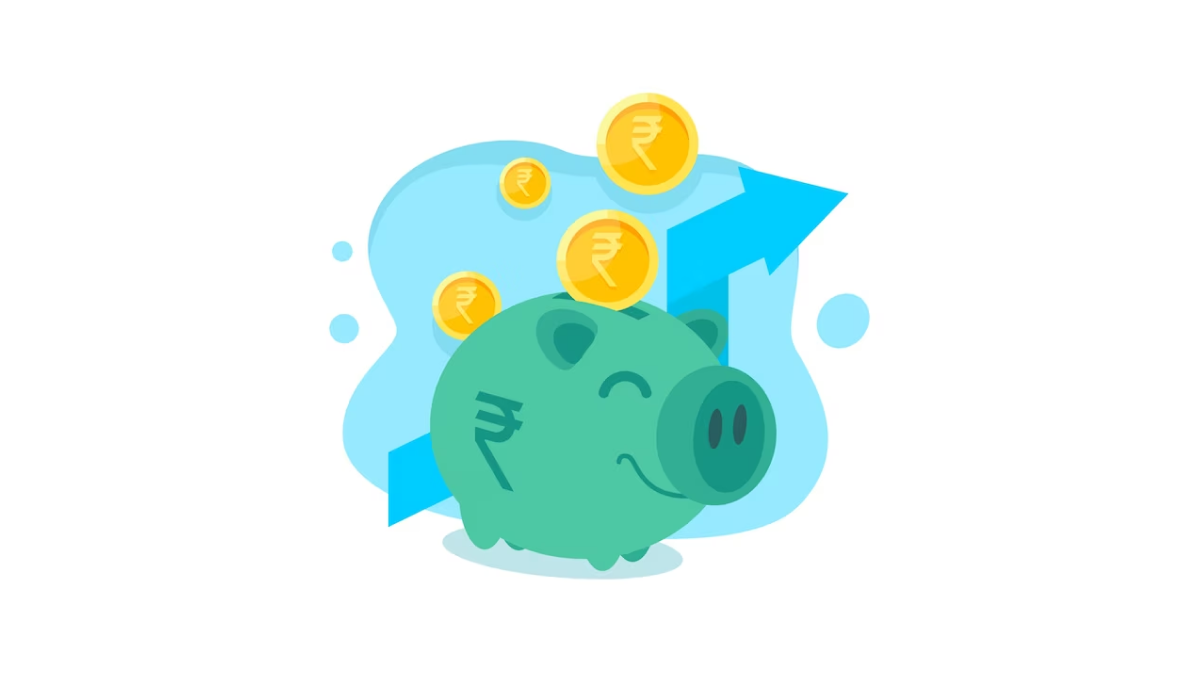
Stock market fluctuations are like a Nation's heartbeat, which constantly fluctuates according to its circumstances. Therefore, the market will move in either direction (up or down).
During a bull market, the stock market increases when the overall market environment is optimistic. In contrast, a bear market occurs when the market declines.
During a bull share market, most investors buy, demand outweighs supply, the market is confident, and prices are high. In the given market, if you see prices quickly trending upwards,
this could be a sign that the majority of investors are becoming optimistic or bullish about the price increasing further and may mean that people are looking at the start of a bull market.
In a bear market, supply exceeds demand, confidence is low, and prices are declining.
Therefore, "bears" are pessimistic investors who think prices will keep decreasing. Bear markets can be challenging to trade in, especially for novice investors.
A bear market is said to begin when stock values generally fall by 20% and continue to trend lower. In a bear market, people lose their jobs, the GDP declines, and the stock market value declines.
Bear markets can present investors with purchasing opportunities and generally never endure as long as bull ones.
The comparison between the two is as follows:
Buy low and sell high is the best investment maxim. That means you should typically buy in a bear market and sell in a bull market.
Bull markets sometimes lead investors to rush to the equity markets and only sell their holdings for a profit in a subsequent bull market.
You need to know if you are catching a knife or a mango when you buy during a bear market.
It indicates that when purchasing a stock in a bear market, one should always choose fundamentally sound businesses; otherwise, they risk catching a stock that is more like a falling knife.
An investor must know that a bear market typically indicates a weak economy and decreasing stock values, whereas a bull market typically indicates rising stock prices.
While it's simpler to feel confident about your investments during a bull market, keep in mind that when a bear market occurs, sticking to your course is typically the best thing you can do with your money.


